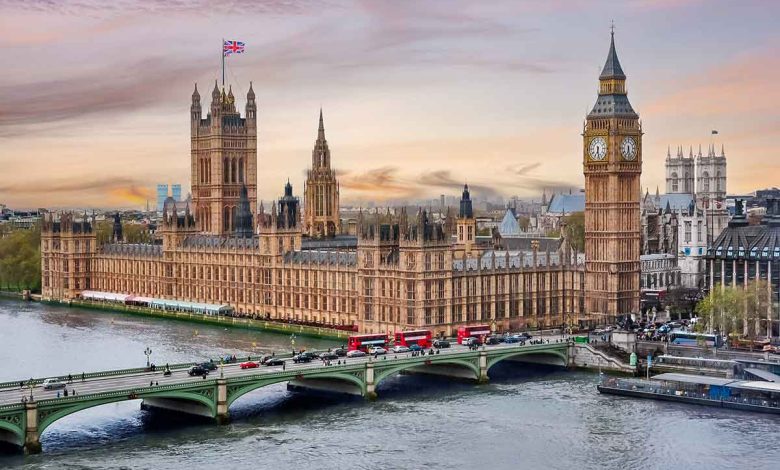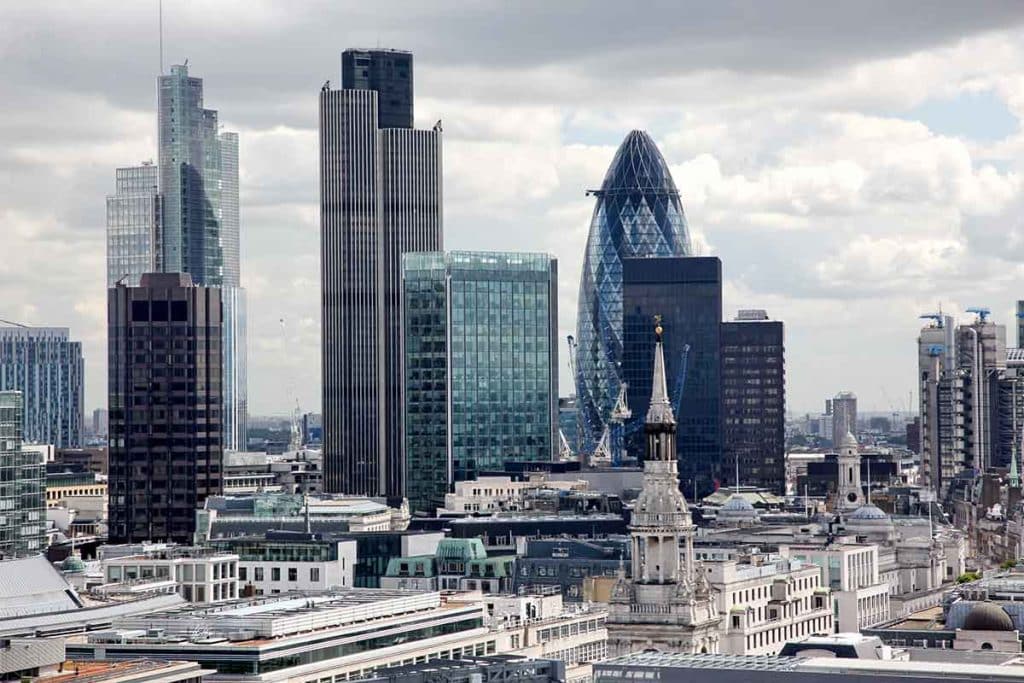
- Discuss the implications of the UK's rule changes for residents in the GCC, including expatriates, investors, and individuals with ties to the region, highlighting potential legal, financial, and practical considerations.
The circus of UK politics is a gift that keeps giving and the recent Budget announcement did not disappoint; depending on how you look at it. It is highly predicted that there will be change in political party so Prime Minister Rishi Sunak is pulling out all the stops in an attempt to keep the Conservatives in power.
The Chancellor of the Exchequer, the man responsible for fiscal policy, announced changes to the domicile rules which have remained untouched for 200 years. Professional opinions abound that this short-term vote grabbing stunt will have long term negative impact on the UK.
Firstly, there are important terms to take onboard since domicile, residency and passport (nationality) are frequently misunderstood. Appreciating the differences highlights the impact from a tax perspective. And before you flip the page, thinking this is just a story for the Brits, this topic has far-reaching consequences for any nationality with any connection to the UK. The awareness in the GCC on UK tax repercussions remains woefully low, so be warned, there is not a lot of good news here so please try to stay with me before you skip to the summary!
Let’s get the easy one out of the way first which is your passport since this is merely a travel document and has no bearing on your tax status (unless you are American – if you have one then you should look to find another, if you are able, fiscally speaking). Obtaining a passport in another country will not save you any tax contrary to the marketing guff from the companies that sell these programmes.
Under common law, an individual can only be domicile in one place, which is regarded as their natural home country. There are five types of domicile and it is worthwhile remembering that giving up domicile can be challenging and, in most cases, impossible. If you are UK domicile, worldwide assets (including your assets in the UAE) are liable for Inheritance Tax (IHT) @ 40 percent upon death. This is a typical misconception for British expats who may have lived overseas for a large portion of their lives. Time away from your home country does not automatically constitute you as being non-domicile.
Where individuals are married to someone who does not share the same domicile, the problem deepens. And if you try to lose your domicile, be mindful that you need to ‘cut all ties’ with your original country of domicile to have any chance of success. Expats tend to have a special bond with their former countries which can be their downfall. So, having a property that you rent, being a member of a social/golf club, football season ticket holder, burial rights or even an old library card can connect you. And if you lose it, a change in your circumstances can reinstate it easily automatically.
Residency is based on your physical location and changes depending on where and how long you have been resident. It can constantly change but domicile is most likely to remain static. More importantly, once you are familiar with these two terms it is then important to understand how this affects you, your family, your business, and assets in terms of taxation during and after your life.

Now we have set the scene, we go deeper down the rabbit hole and unpick why the recent budget was so divisive for UK politics.
UK’s popularity with foreign investors
For a long time, the UK has been a popular destination for foreign investors, typically residential property of which London has been a huge beneficiary. In order to attract this investment, the UK Government gave special tax dispensations to allow foreigners to become resident in the UK and pay a flat rate of tax excluding and of their foreign income and gains. This was called the remittance basis and it worked for years where the UK economy enjoyed inward investment, job creation and economic prosperity from overseas investors.
However, if said investors became resident for 15 out of 20 years then they became deemed-domiciled which now exposed them to 40 percent IHT on their worldwide assets. Families who spent significant periods of time in the UK, regardless of their passport or their perceived domicile, were sleepwalking into the UK tax net.
Then in 2017, the Government passed legislation to impose 40 percent IHT on anyone owning UK situs regardless of any holding structure like a trust or offshore company. The term situs includes property, bank accounts, investment portfolios, art, watches, jewellery, cars and supercars.
Historically, international investors used offshore companies/Trust to alleviate exposure to these taxes, but they became ineffective as a result of this change. Additionally, HMRC introduced ATED (Annual Tax on Enveloped Dwellings) which meant holding assets in said structures attracted an annual tax charge up to GBP 270,000 pa on a GBP 20 million asset. An expensive price to pay for a structure that will not save you any tax!
These gradual measures have made the UK less attractive for foreign investors due to this punchy tax regime. And the recent budget was considered the final nail in the coffin for non-doms since their ability to plan is so challenging to the point where they are most likely to leave. This has all been triggered by vote grabbing politicians who think they will garner votes by attacking the IHT rules.

Whether you agree with IHT or not, only 4 percent of Brits actually pay since the majority fall below the threshold; unfortunately, most voters tick a box based on mood not facts. But the IHT haul has increased 20 percent YOY and not because more people are dying. In my humble opinion (since I cannot acquire the stats from the UK Land Registry) is that non-doms, with sizeable assets and little planning, are picking up the tab. Most Brits do not understand IHT, so what chance do foreign investors particularly if their advisory are not proactive or well versed in keeping them abreast of these events let alone deploying any solutions.
In essence, the Budget announcement to alter domicile to a residence basis test means that a British person who lives outside of the UK for 10 years or more could be de-domiciled. However, a deemed-domicile will now need to complete the same period whereas before it was only 6 years. In all cases, having any asset in the UK, regardless of residence, domicile, deemed-domicile, offshore company, trust, foundation or any combination of the above, will still give rise to a 40 percent tax liability on death.
It should be noted, the HMRC deploy some pretty punitive rules on collecting this IHT. Namely, you have only six months in which to pay, you cannot sell the property to pay the bill and if the payment is not met in this period, they reserve the right to fire sell or even confiscate the asset(s). Let’s face it, like many other Western Governments, they are broke and need the tax revenue to top up the coffers and, foreign investors are not voters so become an easy target.
Perhaps now you appreciate the title containing the nuance of GCC residents and I am sure your first reaction would be a reference to Nationals. In actuality, it is any nationality resident in the GCC and not forgetting that assets in other jurisdictions come with tax implications regardless of where you reside. Combining that with complexity of the domicile rules then it is important that reviewing your planning is essential.
At the time of writing, these revisions require implementation into the Finance Bill before it becomes law and there could be a chance that there will be alterations when the new party comes to office. Notwithstanding, UK property has been a store of wealth for many international families, many of whom have a high tax exposure that most are unaware with a raft of new measures which will undoubtedly create further challenges in protecting wealth for today and future generations.
With modern wealth being so much more portable, wealthy investors in the UK, residents and non-domiciles alike, will vote with their feet and choose more favourable locales. With 0.1 percent of the UK population paying 30 percent of the income tax bill, coupled to an “eat the rich” mentality, the narrative needs to change if the UK is going to remain an attractive destination and/or be able to fiscally support itself. Naturally, all of this plays to the hands of the UAE and the rest of the GCC where favourable fiscal policy, opportunity, security and a great way of life abound.





